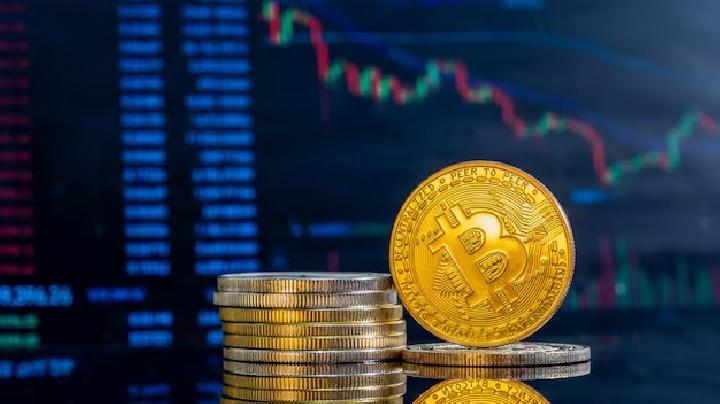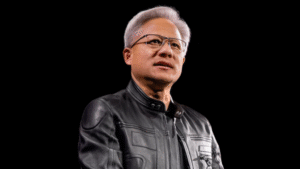Jakarta – The debate over Bitcoin’s role as a potential national reserve asset has resurfaced in Indonesia, prompting calls for a thorough and data-driven approach. Industry players argue that while the cryptocurrency’s decentralized nature and resilience against inflation appear promising, adopting it as part of the country’s strategic reserves requires a long-term and collaborative process.
According to Antony Kusuma, Vice President of Indodax, integrating Bitcoin into Indonesia’s reserve portfolio is not a decision to be made hastily. In a written statement on Sunday, August 10, 2025, he emphasized the importance of conducting in-depth studies, leveraging data-based analysis, and involving multiple stakeholders. “Policy decisions must not only be progressive but also accountable and aligned with national interests as well as economic stability,” he said.
Kusuma underscored the need for synergy between industry players, regulators, and sovereign wealth managers such as the Badan Pengelola Investasi Daya Anagata Nusantara (BPI Danantara). He noted that an open and collaborative approach would create policies that are both adaptive and sustainable in the long term.
The renewed debate followed a recent meeting between the Indonesian Bitcoin community and Vice President Gibran Rakabuming Raka, sparking public speculation that the government may be exploring digital assets for strategic reserves. However, industry representatives clarified that the discussion was exploratory and not yet part of official policy.
Global precedents, such as El Salvador’s adoption of Bitcoin as a store of value, have influenced Indonesia’s discourse. Yet Kusuma cautioned that public understanding must remain clear: current talks remain conceptual and should not serve as a basis for speculative investment decisions.
From a broader perspective, the momentum is supported by Indonesia’s growing digital asset market. Data from the Financial Services Authority (OJK) shows that crypto transaction values reached IDR 224.11 trillion by mid-2025, with over 15.8 million users actively participating. This surge reflects not only increasing adoption but also the growing significance of digital assets within the national financial landscape.
Kusuma concluded that digital assets will likely evolve from being investment tools for the public to holding strategic potential in fiscal policy. “The key is to ensure that discussions move beyond speculation into comprehensive, inclusive, and progressive studies that align with Indonesia’s economic vision,” he said.









